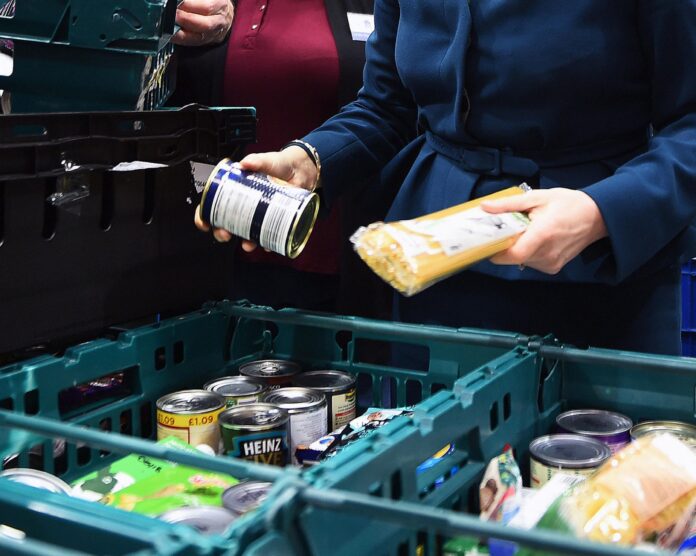Researchers working on a project across four European countries have seen a “significant rise” in volunteering and community action during the COVID-19 pandemic.
The Healthy Aging through Innovation in Rural Europe (HAIRE) project relies on volunteers to achieve its aim of empowering older people to improve their communities.
It is working in eight rural locations in the UK, France, Belgium and the Netherlands – and the team have been delighted by the community response to the COVID crisis.
The initial surge in volunteers has subsided as many have returned to work, but the project is still finding “no difficulty” in recruiting helpers.
“In all our partner countries, we have seen a significant rise in voluntary, local authority and community action,” said project leader Professor Catherine Leyshon, of the University of Exeter.
“In the parish of Feock in Cornwall, 150 volunteers came forward during lockdown to help their fellow villagers.
“Our colleagues in Le Nord, France, telephoned every person over 60 living in their region during the lockdown period to check on their wellbeing and to track their needs.
“The levels of voluntary participation have naturally dropped as people have gone back to work and other responsibilities, but COVID has reminded many of what’s important.
“We’ve had no difficulties recruiting ‘HAIRE Enablers’ – the volunteers who will go out and have ‘Guided Conversations’ with older people to understand their needs.”
The project’s Guided Conversations are designed to allow older people to talk openly about what is important to them, how they feel about their lives and the place they live in.
The HAIRE team, which includes the University of Plymouth, is creating a “tool kit” – a set of steps that could be used anywhere to identify problems and solutions that will improve people’s lives.
The project officially began on January 1 this year, and the pandemic forced the team to make rapid changes to their initial plans.
Some discussions have taken place face-to-face (in line with social distancing rules), but telephone conversations and online events have also been organised.
In the Netherlands, the team carrying out Guided Conversations say the experience has renewed relations with individuals and gained new insights into the community.
In Unis-Cité, France, younger and older people are being brought together through a variety of intergenerational programmes.
“Our Guided Conversation is not a finished tool – it is evolving, organic, responsive to individuals and their places,” Professor Leyshon said.
“We are learning as we go, but in every instance, nurturing an individual relationship is key to its success.
“In Laakdal, Belgium, one of our partners tested the Guided Conversation outdoors with two elderly participants who were good friends.
“With a Duvel in hand (a typical Belgian beer), they were encouraged to talk about themselves.
“Both participants agreed they learnt things about each other as a result.
“They reflected on life’s strains during the pandemic.
“All activities for elderly people had been taken away, and the two friends said the Guided Conversation was the most fun they’d had in months.”
Professor Leyshon added: “Before COVID-19 hit, there were already global concerns about rising levels of loneliness, particularly among older people, which is what HAIRE was designed to tackle.
“With increased levels of isolation, fear, local lockdowns and a second wave of the virus well under way in Europe, HAIRE’s plan to harness the power of volunteers and community kindness has become more relevant than ever.
“The project is all about building connections and relationships so that communities are empowered to make change.”
HAIRE is funded by Interreg 2 Seas, an EU scheme that promotes territorial cooperation between the UK, France, Belgium and the Netherlands.







